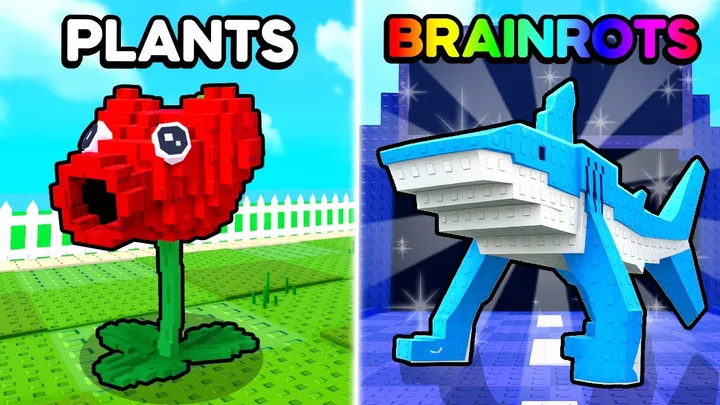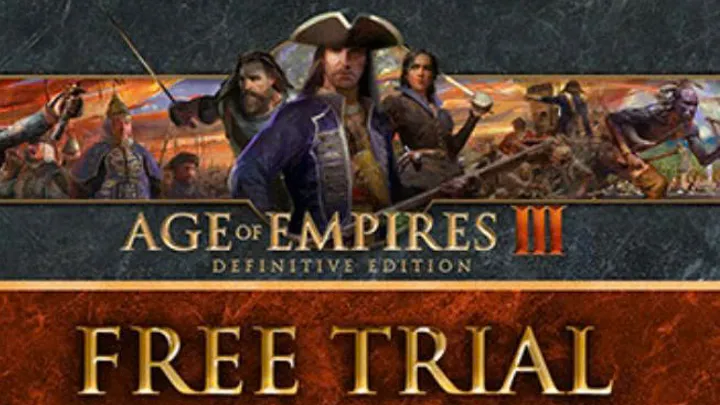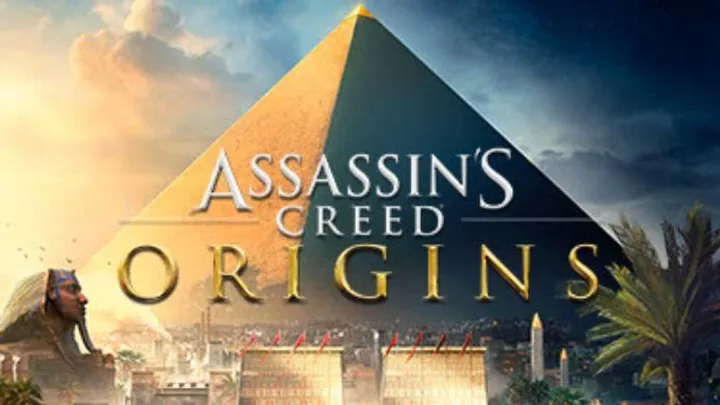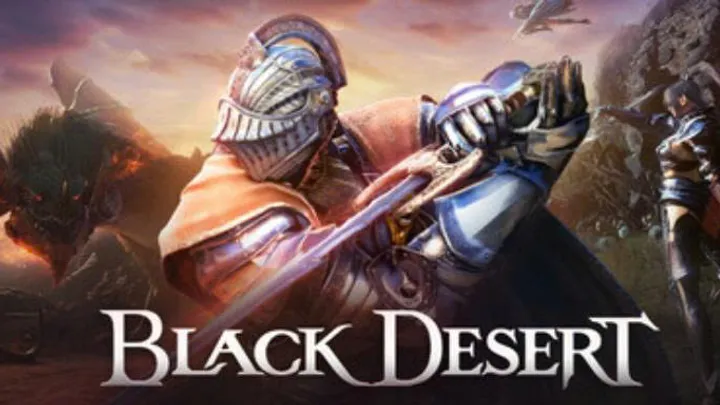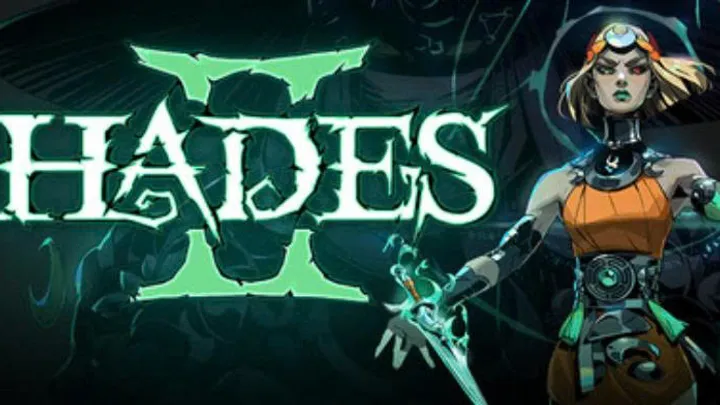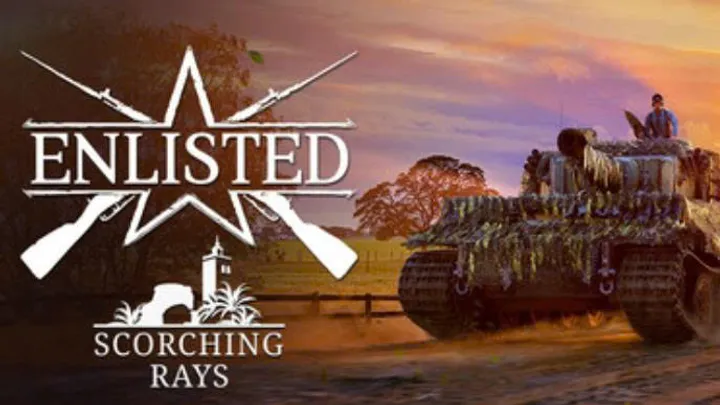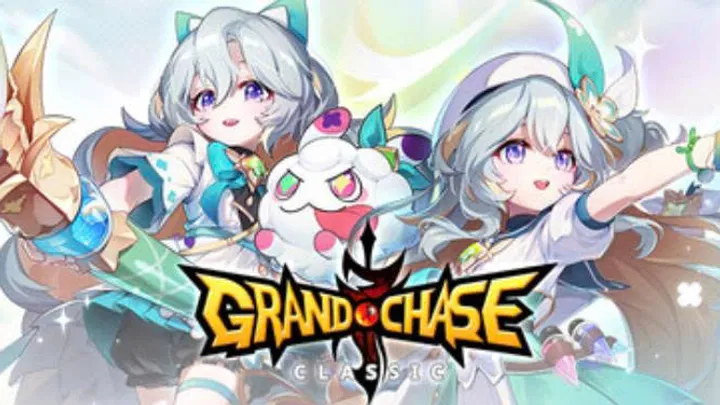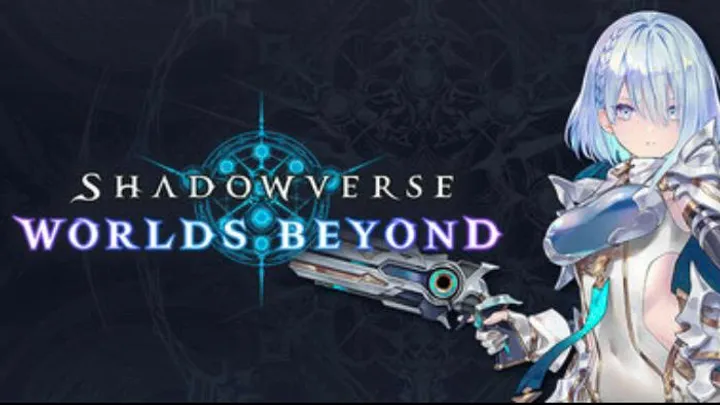Enlisted launched as a squad-based World War II shooter that promised historical authenticity, massive battles, and tactical depth. Unlike traditional FPS titles, it put players in command of squads of AI soldiers, creating the feeling of large-scale warfare without the need for hundreds of real players.
But while its gameplay loop won praise for immersion and unique mechanics, its progression and monetization systems quickly became a point of frustration. For many players, the true battle in Enlisted isn’t fought on the fields of Normandy or Stalingrad—it’s against an economy that feels punishing, grind-heavy, and at times exploitative.
The Core Gameplay Hook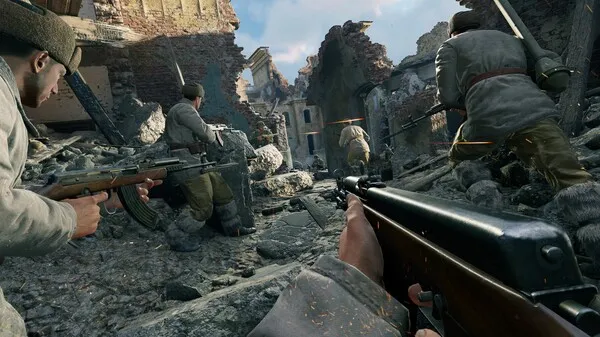
Enlisted’s appeal lies in its scale and atmosphere. Players control squads across multiple theaters of World War II, switching between AI soldiers on the fly, with tanks, aircraft, and infantry all interacting in chaotic but cinematic battles. It’s designed to feel like you’re part of a larger war rather than just another soldier.
At its best, Enlisted captures the tension of historical combat, with squad-based tactics and role variety making every life feel impactful. This immersive foundation is what draws players in—but it’s the progression system layered on top that often drives them away.
The Grind-Based Progression
Progression in Enlisted is tied to campaigns—such as Normandy, Moscow, Berlin, or Tunisia—each with its own separate grind. Players must unlock squads, weapons, and vehicles campaign by campaign, even when much of the content is duplicated across theaters.
This means that time invested in one campaign does not translate to progress in another. A player who unlocks late-game weapons in Normandy must start over from scratch in Berlin. For new players, this is overwhelming, while veterans see it as artificially bloating the grind to keep them engaged.
Monetization Through Friction
The progression grind would be tolerable if it felt rewarding, but monetization directly exploits the friction. Premium squads, gold purchases, and battle passes often feel like the only practical ways to keep up.
For example:
- Premium squads come fully equipped with powerful soldiers and weapons, bypassing the slow grind.
- The battle pass provides unique rewards but requires consistent play or direct spending to complete.
- Silver orders (currency for weapons and soldiers) are limited, making it difficult to expand rosters without paying.
The result is a sense that the game deliberately slows progress to encourage spending, creating resentment among the player base.
Power Creep and Premium Squads
One of the most controversial elements of monetization is premium squads. These units often arrive with weapons or perks that give them an edge over standard squads, leading to accusations of pay-to-win mechanics.
While the developers have made efforts to balance these squads, the perception remains that those who pay have a noticeable advantage in the early stages of campaigns. In competitive shooters, even small advantages fuel community distrust, and Enlisted has struggled to shake the pay-to-win label.
Community Backlash
The Enlisted community has not been quiet about its dissatisfaction. Forums, Discord servers, and Reddit discussions frequently highlight how the grind undermines enjoyment. Some longtime players report burnout after realizing how much time or money is needed to unlock even a fraction of the content.
The backlash intensified when developers restructured progression systems multiple times, often replacing one grind-heavy system with another rather than addressing the root problem. Each attempt at “fixing” progression has been met with skepticism, as players fear further monetization traps.
The Historical Immersion Dilemma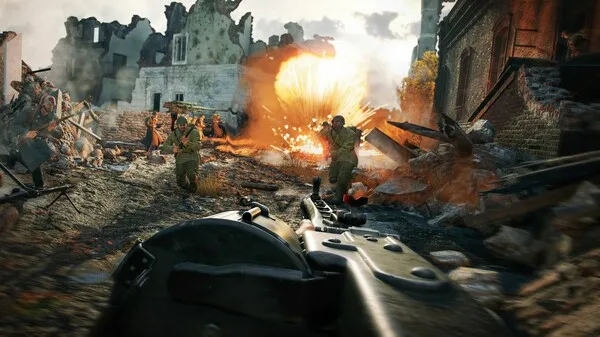
Progression also impacts the game’s historical immersion. Because squads and weapons are locked behind campaign levels, early players often field ahistorical mismatches. A beginner squad might face opponents with late-war weapons simply because of campaign disparity or premium purchases.
This undermines the selling point of Enlisted as a historically immersive shooter. Instead of balanced battles set in authentic WWII contexts, matches can feel like chaotic mashups distorted by progression systems.
Comparing Enlisted to Its Peers
Other free-to-play shooters—such as War Thunder, Battlefield’s live-service experiments, or Call of Duty: Warzone—also wrestle with monetization, but Enlisted’s campaign-locked grind sets it apart. Where competitors offer unified progression systems, Enlisted fragments its player base and progress across multiple theaters.
This makes the game less accessible and more punishing for casual players. In an era where shooters thrive on accessibility and cross-progression, Enlisted’s rigid structure feels outdated, even if intentional.
Lessons for the Developers
The lessons from Enlisted’s struggles are clear:
- Unified Progression – Progress should carry over across campaigns, reducing the sense of wasted time.
- Fair Monetization – Cosmetic-driven models succeed long-term without alienating players.
- Transparency – Explaining changes and addressing player concerns openly could rebuild trust.
- Respect for Player Time – Games that respect both casual and dedicated players maintain healthier communities.
If Enlisted wants to thrive long-term, it must adopt these lessons before the player base dwindles further.
The Future of Enlisted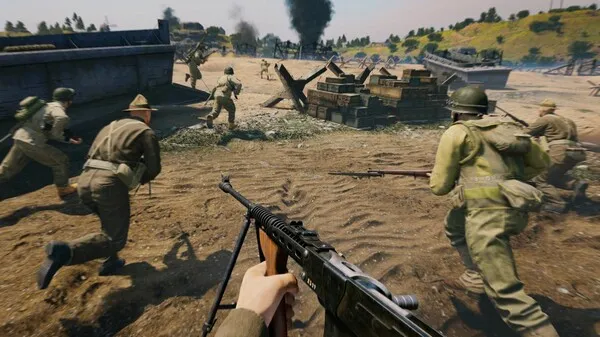
Enlisted has the foundation of a unique and immersive WWII shooter, but its future depends on addressing progression and monetization. Without meaningful reform, the game risks losing its identity to pay-to-win accusations and grind fatigue.
There is still hope: the community remains passionate, and the core gameplay is unlike anything else in the market. If the developers can find a way to unify progression, balance premium content, and focus monetization on cosmetics rather than power, Enlisted could still fulfill its promise as a defining WWII experience.
Conclusion
Enlisted is a game of contrasts: immersive in combat but frustrating in progression, innovative in design but regressive in monetization. Its battles feel grand and cinematic, but the grind behind the scenes turns progress into a second battlefield.
For Enlisted to survive, it must shift focus from exploiting player time to respecting it. Only then can it evolve from a niche WWII experiment into a lasting entry in the free-to-play shooter space.
